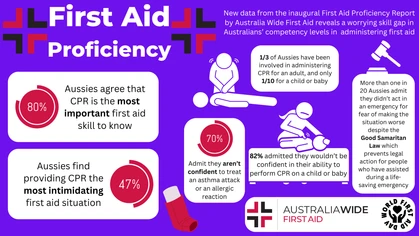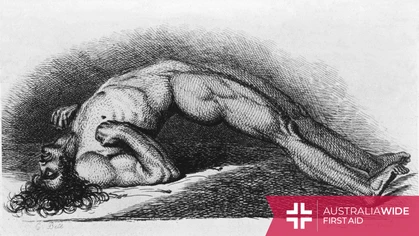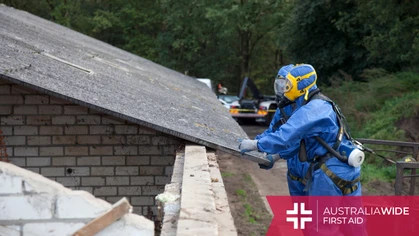Mpox: A Comprehensive Overview

First aid in the news
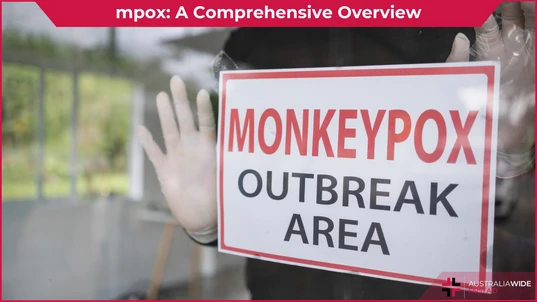 Mpox, previously known as monkeypox, is an infectious disease cased by the virus Monkeypox virus.
The virus belongs to the Orthopoxvirus genus, which also includes smallpox, cowpox, and vaccinia viruses. It is less severe than smallpox, but can present in a similar manner, and is considered a public health concern.
Monkeypox is a rare viral disease that has garnered significant attention due to its similarities with smallpox. Although less severe, monkeypox is a public health concern, particularly in regions where it is endemic.
Mpox, previously known as monkeypox, is an infectious disease cased by the virus Monkeypox virus.
The virus belongs to the Orthopoxvirus genus, which also includes smallpox, cowpox, and vaccinia viruses. It is less severe than smallpox, but can present in a similar manner, and is considered a public health concern.
Monkeypox is a rare viral disease that has garnered significant attention due to its similarities with smallpox. Although less severe, monkeypox is a public health concern, particularly in regions where it is endemic.
History and Origin of mpox
Monkeypox was first identified in 1958 when outbreaks occurred in monkeys kept for research, hence the name. The first human case was recorded in 1970 in the Democratic Republic of Congo (DRC). Since then, the majority of cases have been reported in Central and West African countries, particularly in rural areas close to tropical rainforests. The origin of the disease remains unknown, with scientists believing that African rodents and primates may harbour the virus and infect people.Transmission
Mpox is a zoonotic disease, meaning it can spread from animals to humans. The virus is primarily transmitted to people from wild animals such as rodents and primates, but human-to-human transmission also occurs. The primary routes of transmission include:- Direct Contact: With blood, bodily fluids, or lesions of infected animals.
- Human-to-Human: Through respiratory droplets during prolonged face-to-face contact, bodily fluids, lesions, or through contact with contaminated materials like bedding or clothing.
- Consumption of Infected Animal Meat: Eating undercooked meat and other products of infected animals is a potential risk.
mpox Symptoms
Mpox typically begins like other viruses with fever, headache, muscle aches, and exhaustion. Back pain and swollen lymph nodes can also occur. A skin rash and/or mucosal lesions develop within 1 to 3 days (sometimes longer) after the appearance of fever. In one variation of mpox, the rash often starts on the face and then spreading to other parts of the body; in this most recent outbreak it has been reported that some people are presenting with lesions in their mouth and/or genital area as the first instance. The illness typically lasts for 2 to 4 weeks.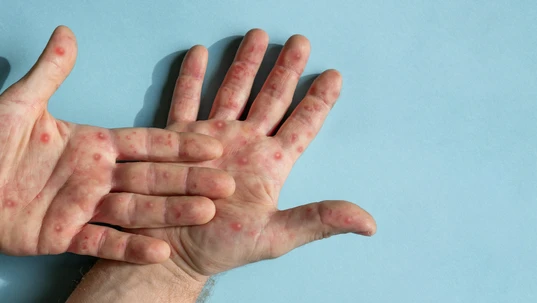
mpox Diagnosis
Diagnosing mpox can be challenging, particularly in areas where the disease is not endemic and areas with restricted medical access. The clinical presentation may resemble other rash illnesses such as chickenpox or measles. Laboratory testing is required to confirm the diagnosis. Common diagnostic methods include:- PCR Testing: The most reliable method, which involves testing samples from the skin lesions, respiratory tract, or blood.
- Serology: Detects antibodies against the virus, but is less specific than PCR.
- Virus Isolation: Growing the virus in a laboratory setting, though this is not commonly used due to the complexity.
mpox Treatment
There is no specific treatment for mpox. Care is generally supportive, aimed at relieving symptoms and preventing complications. In some cases, antiviral drugs like tecovirimat, initially developed for smallpox, have shown efficacy against monkeypox.mpox Prevention
Preventing mpox involves several strategies:- Vaccination: Two vaccines are currently approved for vaccination against mpox. Vaccination post-exposure can also help reduce the severity of the disease.
- Public Health Education: Informing communities about the risks and transmission modes is crucial, especially in endemic regions.
- Avoiding Contact with Infected Animals: Limiting exposure to animals that could carry the virus, particularly rodents and primates, is essential.
- Safe Practices in Healthcare Settings: Healthcare workers should use personal protective equipment (PPE) when caring for suspected or confirmed cases.
Recent Outbreaks
In recent years, there have been several monkeypox outbreaks outside of Africa, including in the United States and Europe. These outbreaks have raised concerns about the potential for the virus to spread in non-endemic regions, particularly due to increased international travel. Since May 2022, there has been a global outbreak of mpox with more than 97,000 cases reported around the world. Most of these cases have been of a mild strain of the virus. In 2024 a second, more deadly strain outbreak has resulted in Public Health Emergency classification by the World Health Organisation. This outbreak is showing a fatality rate of up to 15%, far higher than previous outbreaks. Over 100 laboratory-confirmed cases of this new strain have been reported in four countries neighbouring the Democratic Republic of the Congo that have not reported mpox before: Burundi, Kenya, Rwanda and Uganda. Experts believe the true number of cases to be higher as a large proportion of clinically compatible cases have not been tested. WHO Director-General Dr Tedros Adhanom Ghebreyesus has determined that the upsurge of mpox in the Democratic Republic of the Congo (DRC) and a growing number of countries in Africa constitutes a public health emergency of international concern (PHEIC) under the International Health Regulations (2005) (IHR). Committee Chair Professor Dimie Ogoina said, “The current upsurge of mpox in parts of Africa, along with the spread of a new sexually transmissible strain of the monkeypox virus, is an emergency, not only for Africa, but for the entire globe. Mpox, originating in Africa, was neglected there, and later caused a global outbreak in 2022. It is time to act decisively to prevent history from repeating itself." Mpox has been reported in the Democratic Republic of the Congo for over 10 years, with the number of cases increasing steadily during that time. In 2023, reported cases increased significantly, and already the number of cases reported so far this year (to August 2024) has exceeded last year’s total, with more than 15 600 cases and 537 deaths.Conclusion
Monkeypox is a serious disease. While the risk of widespread outbreaks remains low, the increasing number of cases outside of endemic areas underscores the importance of global health surveillance and preventive measures. Awareness, education, and proper healthcare responses are key to managing and controlling this emerging public health threat.
Originally published at
https://www.australiawidefirstaid.com.au/resources/mpox-a-comprehensive-overview
as part of the Australia Wide First Aid Articles Library
